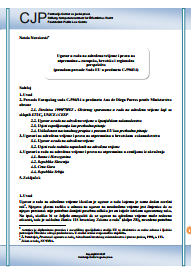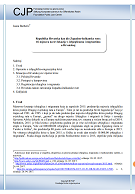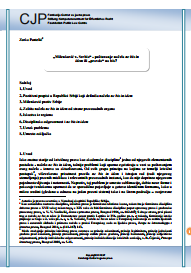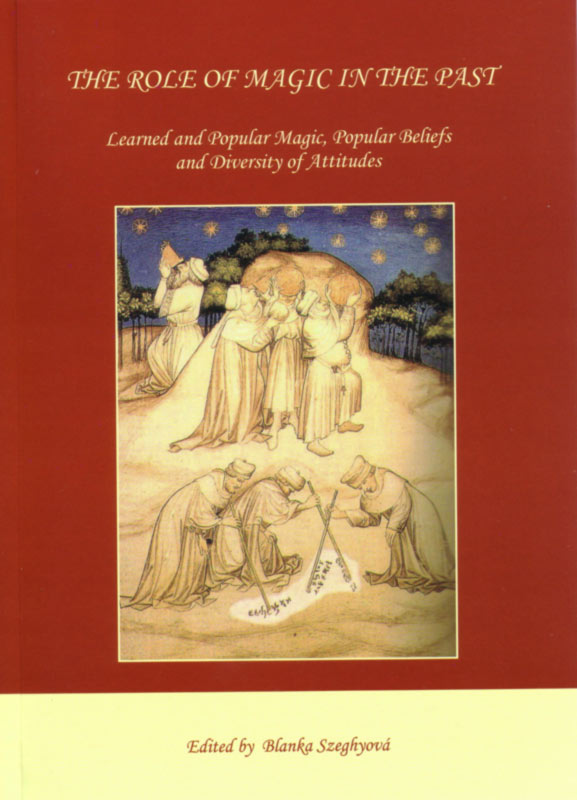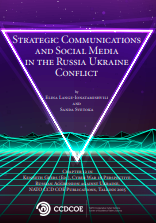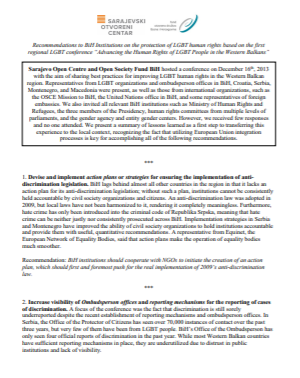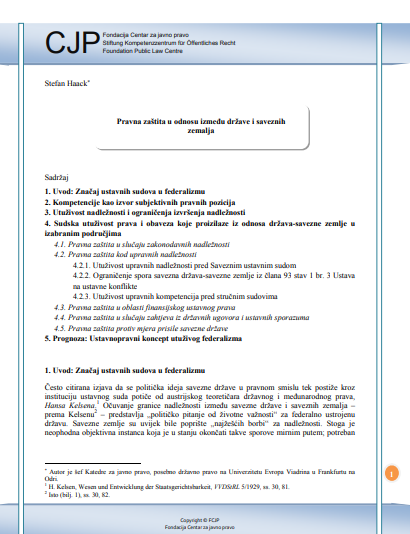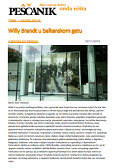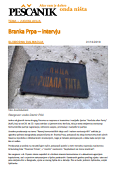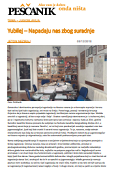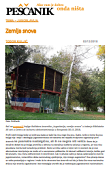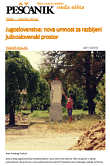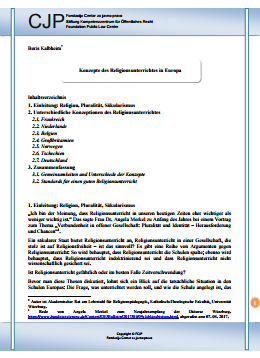
Konzepte des Religionsunterrichtes in Europa
„Ich bin der Meinung, dass Religionsunterricht in unseren heutigen Zeiten eher wichtiger als weniger wichtig ist.“ Das sagte Frau Dr. Angela Merkel zu Anfang des Jahres bei einem Vortrag zum Thema „Verbundenheit in offener Gesellschaft: Pluralität und Identität – Herausforderung und Chancen“. Ein säkularer Staat bietet Religionsunterricht an, Religionsunterricht in einer Gesellschaft, die stolz ist auf Religionsfreiheit – ist das sinnvoll? Es gibt eine Reihe von Argumenten gegen Religionsunterricht: So wird behauptet, dass Religionsunterricht die Schulen spalte; ebenso wird behauptet, dass Religionsunterricht indoktrinierend sei und dass Religionsunterricht nicht wissenschaftlich gesichert sei. Ist Religionsunterricht gefährlich oder im besten Falle Zeitverschwendung? Bevor man diese Thesen diskutiert, lohnt sich ein Blick auf die tatsächliche Situation in den Schulen Europas: Die Frage, was unterrichtet werden soll, und wie die Schule angelegt ist, das wird schon seit Jahrzehnten reflektiert, und diese Überlegungen sind in die Konzeptionen des Religionsunterrichtes in Europa eingeflossen: Es gibt nicht den einen Religionsunterricht, vielmehr ist die Konzeption des Religionsunterrichtes abhängig von den gesellschaftlichen, demographischen und historischen Voraussetzungen in den einzelnen Ländern. Im Folgenden werde ich einen Überblick geben über die Organisation des Religionsunterrichtes in verschiedenen Ländern Europas. Die Auswahl dieser Länder hat folgende Gründe: Frankreich ist das Land mit der längsten säkularen Tradition. Das Konzept der Laïcité hat die französische Gesellschaft und die Schule seit rund 150 Jahren geprägt. Der Umgang mit Religion in der Schule hat sich in Frankreich in auffälliger Weise geändert, ohne das Konzept der Laïcité direkt aufzugeben. Belgien und die Niederlande haben eine längere gemeinsame Geschichte; seit der Trennung der Länder im Jahr 1830 sind sie jedoch sozial und schulpolitisch unterschiedliche Wege gegangen. Diese Unterschiede zeigen sich bis heute in der Stellung des Religionsunterrichtes. Großbritannien und Norwegen sind Länder, in denen eine Verbindung zwischen dem Staatsoberhaupt und einer Religionsgemeinschaft besteht: Die Kirche von England hat als Oberhaupt die Queen, die norwegische protestantische Volkskirche hat sich erst 2017 vom Staat getrennt. Tschechien ist ein Land mit einer eigenen Geschichte der Religion und des Verhältnisses zur Religion; durch politische und gesellschaftliche Prozesse ist Tschechien heute ein Land mit einem besonders hohen Anteil an Konfessionslosen. Deutschland ist das Mutterland der Reformation, seit der Zeit waren zwei Konfessionen von Bedeutung. Nach dem Zweiten Weltkrieg waren diese Kirchen sehr am Aufbau der Bundesrepublik Deutschland beteiligt und halfen diesem Neuen Staat zu Stabilität und Zusammenhalt. Auch der Religionsunterricht ein dabei ein wichtiges Element. Mit dieser Auswahl an werden unterschiedliche Traditionen und demographische Verhältnisse in Europa abgebildet, daran lässt sich erkennen, wie die Konzeption des Religionsunterrichtes von diesen Voraussetzungen abhängt.
More...
